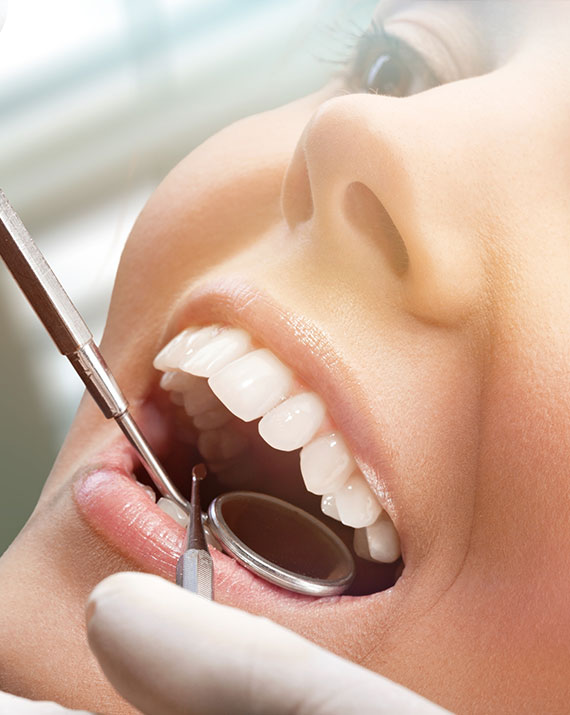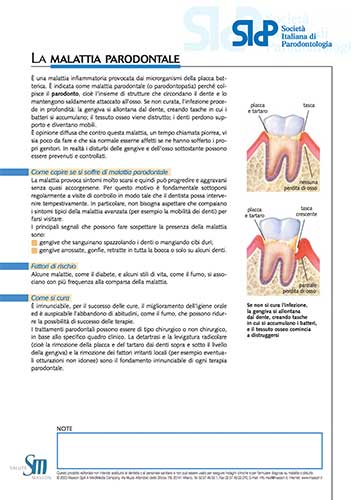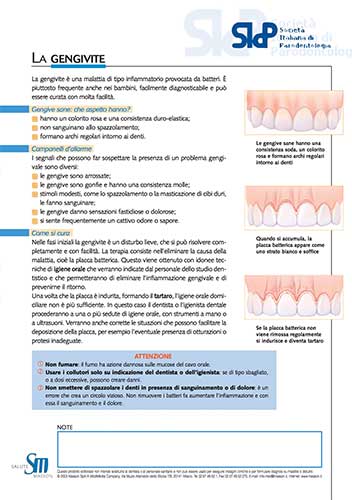Periodontology

Gums bleeding? because gingival bleeding is a wake-up call
Have you ever heard of periodontitis?
Do you have gums that bleed? The patient is often surprised at the diagnosis of periodontitis because he has never been properly informed about this condition.
The symptoms are frequent since this pathology affects 60% of the population: Gums that bleed, bad breath, the appearance of elongated teeth, swollen and painful gums, moving teeth or teeth that start to move leaving spaces that were not there before, dental sensitivity to the cold.
It is often called pyorrhea or expulsive gingivitis, while the correct term is chronic periodontitis
What causes bleeding gums?
There are many factors that cause bleeding gums, ranging from smoking, to systemic diseases, drugs, food problems and genetic predisposition. All of these factors create a greater reaction of the organism to the presence of bacterial plaque and calculus on tooth surfaces. The bone and the gingiva react by becoming inflamed and retracting until, in severe cases and if it is not intercepted, the tooth is lost.
Since the factors are different, we explain why in some patients who do not have this concomitance of events there is no bone resorption despite inaccurate hygiene, in others it does.
For this reason patients suffering from periodontal disease must strictly follow the instructions of the dentist expert in periodontology and treat oral hygiene more than normal.
In this way the pathology is stabilized and the previously inflamed sites are healed with the resolution of all the unpleasant symptoms listed above.
How is the diagnosis made?
The diagnosis is made through accurate measurements of 6 sites for each tooth of the dental arch showing how many mm the gingiva has moved from the root of the tooth with respect to the original position, how much the bone has reabsorbed, of the sites that contain plaque for bad hygiene, how many sites bleed if touched.
All this is painless and does not require a lot of time, just a visit from a periodontist, the specialist who takes care of the health of your gums and the structures that hold the tooth in the mouth.
What is the therapy?
It is not true that periodontitis is incurable and that the teeth affected by the disease are destined to fall.
With the new minimally invasive techniques of periodontal therapy, supported or not by the use of lasers, you can keep your teeth healthy in the mouth for dozens of years.
It is possible to eliminate the subgingival plaque in the vast majority of cases without a scalpel and without interventions. Any surgical interventions are evaluated only if the non-surgical therapy has not reached the pre-established result, and are in any case painless and with very little postoperative discomfort.
Remember that your tooth is the best material you can have in your mouth and it is irreplaceable!



